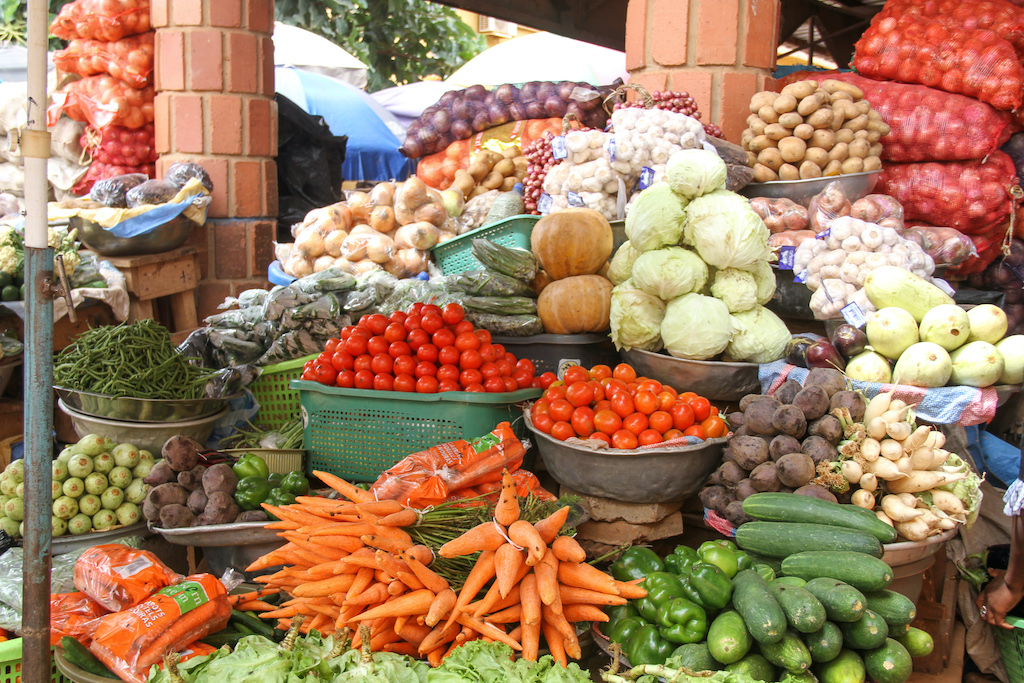A set of interlinked actions are needed to spark the transformation of rural communities and close gender and youth-related inequities around the world, and especially in Sub Sahara Africa, a panel has concluded.
As part of the launching of a new landmark report: ÔÇťActions to Transform Food Systems Under Climate Change,ÔÇŁ the CGIAR Research Program on Climate Change, Agriculture and Food Security (CCAFS) convened close to 100 partners, including CORAF to identify pathways for food systems transformation around the world.
The panel of experts from diverse fields held on Thursday, June 25, 2020, virtually.
ÔÇťIf the agricultural sector is functional, you will address migration, prevent youths from dying in the Sahara Desert, and the Mediterranean Sea, and partly solve rural unemployment,ÔÇŁ said Dr. Abdulai Jalloh, the Director of Research and Innovation of CORAF.
CORAF coordinates agricultural research in West and Central Africa. It works directly with 23 national agricultural research systems (NARS) making it the largest sub-regional research organization in Africa. CORAF was created in 1987 with the overarching responsibility to facilitate groundbreaking and cutting-edge research outputs needed to unlock the agricultural potential of West and Central Africa
While progress has been made, substantial challenges remain, including significant yield gaps, low use of irrigation, mechanization, inadequate private sector involvement, land degradation, the growing effects of climate change, etc.
In Sub Sahara Africa, (SSA) yield gaps, for example, are relatively bigger  compared to other regions of the world. For example, average cereal yields in SSA are 1.2  ton per hectare compared to 3 tons per hectare in other developing regions of the world, such as Asia. This is alarming when one considers potential yield of cereals ranging from 5 to 10 tons per hectare.
ÔÇťResearch can help in closing yield gaps, solve challenges related to post-harvest losses and ensure the production of more nutritious and safer food productsÔÇŁ said the CORAF Director of Research during the virtual event.

In the past decade, some of the technologies devised by NARS partners of CORAF have been in the area of closing yields gaps, lifting up women, and tackling post-harvest losses. Check below for some:
- WAAPP Gender-Sensitive Technology Uplifts WomenÔÇÖs Dignity
- The Smoking Kiln Technology for Fish Processing
- In West Africa, Research on Dry Cereals Picks Up
- More Agribusiness Millionaires Emerge In West Africa
In attendance were also Dr. Paul Winters, Associate Vice-President of the Strategy and Knowledge Department at the International Fund for Agricultural Development (IFAD). Aminetou Bilal, the African Union Youth Envoy and Seyni Nafo, the former Chair of the African Group of Negotiators on Climate Change at the United Nations Framework Convention for Climate Change were also on the panel.
The session on ÔÇťSupporting prosperity through mobility and rural reinvigoration,ÔÇŁ was moderated by Robert B. Zougmor├ę, the┬áCCAFS Africa Program Head. He is also a member of the┬áCORAF Scientific and Technical Committee.
What are the Take-Home Points from the Session?
- Agriculture is the starting point for any transformation of rural areas;
- Women and youths are central to the transformation of the rural sector;
- A value chain approach, including sparking the manufacturing sector if critical to unleashing the rural economies;
- Making agriculture attractive to youths and women means leveraging digital opportunities;
- Climate change and a systemic approach is vital for recovery post-COVID-19;
- Rural transformation is not possible without an inclusive process involving women and youths.
Read the full report: 
 English
English
 Fran├žais
Fran├žais 
